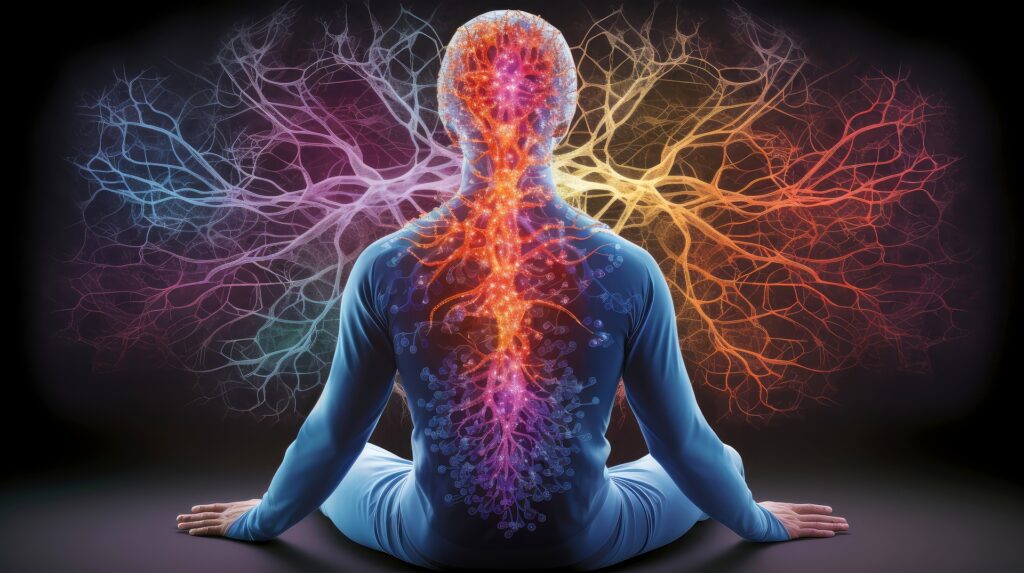A new study by researchers from India and Bahrain found that mind-body medicine (MBM) techniques help lower systolic blood pressure. These include meditation, mindfulness-based stress reduction (MBSR), and breathing exercises. However, the review did not find a significant effect of these techniques on diastolic blood pressure. Also, the results achieved were moderate in comparison to the usual blood pressure lowering medications.
The researchers presented several educational and research institutions:
- People’s College of Medical Sciences and Research Centre in Bhanpur
- College of Medicine and Medical Science of the Arabian Gulf University in Manama, Bahrain
- The Government Yoga and Naturopathy Medical College and Hospital in Chennai
- The International Institute of Yoga and Naturopathy Medical Sciences in Chengalpattu
- The University of Patanjali
The medical scientists evaluated the results of 15 randomized controlled trials involving 927 cardiac patients. The studies examined the impact of various MBM interventions, including meditation, MBSR, and breathing techniques, on blood pressure outcomes.
The meta-analysis revealed that MBM interventions had a significant effect on reducing systolic blood pressure. The researchers observed an estimated decrease of 0.78 mmHg (maximal -1.36) compared to control groups. In contrast, the analysis did not find a significant effect on diastolic blood pressure. Her the scientists saw the average effect of only 0.26 mmHg decrease (95% CI: -0.91, 0.39).
The observed effects of mind body medicine in mm Hg
Meditation
- Meditation techniques led to a significant reduction in systolic blood pressure, with an average effect size of a 1.76 mmHg decrease, maximal observed effect was -2.49 mm Hg
Mindfulness-Based Stress Reduction (MBSR)
- MBSR interventions were associated with a 0.62 mmHg average decrease in systolic blood pressure. The maximal observed effect was -1.20 mm Hg
Breathing Techniques
- Slow breathing training and device-guided breathing exercises resulted in a 0.78 mm Hg average reduction in systolic blood pressure. The maximal observed effect was -1.36 mm Hg.
No significant impact on diastolic blood pressure was observed in use of any of the above techniques.

